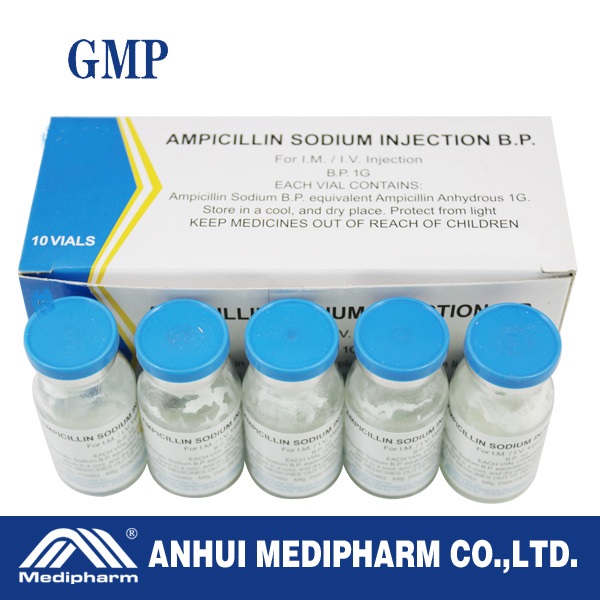| Message: | Indications:
Ampicillin works by interfering with the ability of bacteria to form cell walls. The cell walls of bacteria are vital for their survival. They keep unwanted substances from entering their cells and stop the contents of their cells from leaking out. Ampicillin impairs the bonds that hold the bacterial cell wall together. This allows holes to appear in the cell walls and so kills the bacteria.
Contra-indications:
A history of a previous hypersensitivity reaction to any of the penicillins is a contraindication.
Adverse Effects:
Severe allergic reactions (rash; hives; itching; difficulty breathing; tightness in the chest; swelling of the mouth, face, lips, or tongue); bloody stools; severe diarrhea; stomach pain/cramps; vaginal irritation or discharge.
Drug Interactions:
Probably do not affect hormonal birth control such as pills, patch, or ring, some antibiotics may decrease their effectiveness. This could cause pregnancy. Examples include rifamycins such as rifampin or rifabutin. Be sure to ask your doctor or pharmacist if you should use additional reliable birth control methods while using this antibiotic. Ampicillin may cause false positive results with certain diabetic urine testing products (cupric sulfate-type). This drug may also affect the results of certain lab tests. Make sure laboratory personnel and your doctors know you use this drug.
Use in Pregnancy and Nursing Mothers:
Ampicillin is excreted in trace amounts in human milk. Therefore, caution should be exercised when Ampicillin-class antibiotics are administered to a nursing woman.
Treatment/antidote in The Event of Overdose:
Symptoms: Neurologic symptoms, including convulsions. Treatment: Both ampicillin and sulbactam may be removed by hemodialysis.
Storage instructions:
Store below 25 degrees celsius. Protect from moisture. Keep out of reach of children.
Validity: Three Years
|
 my account
my account
 log out
log out
 my account
my account
 log out
log out
